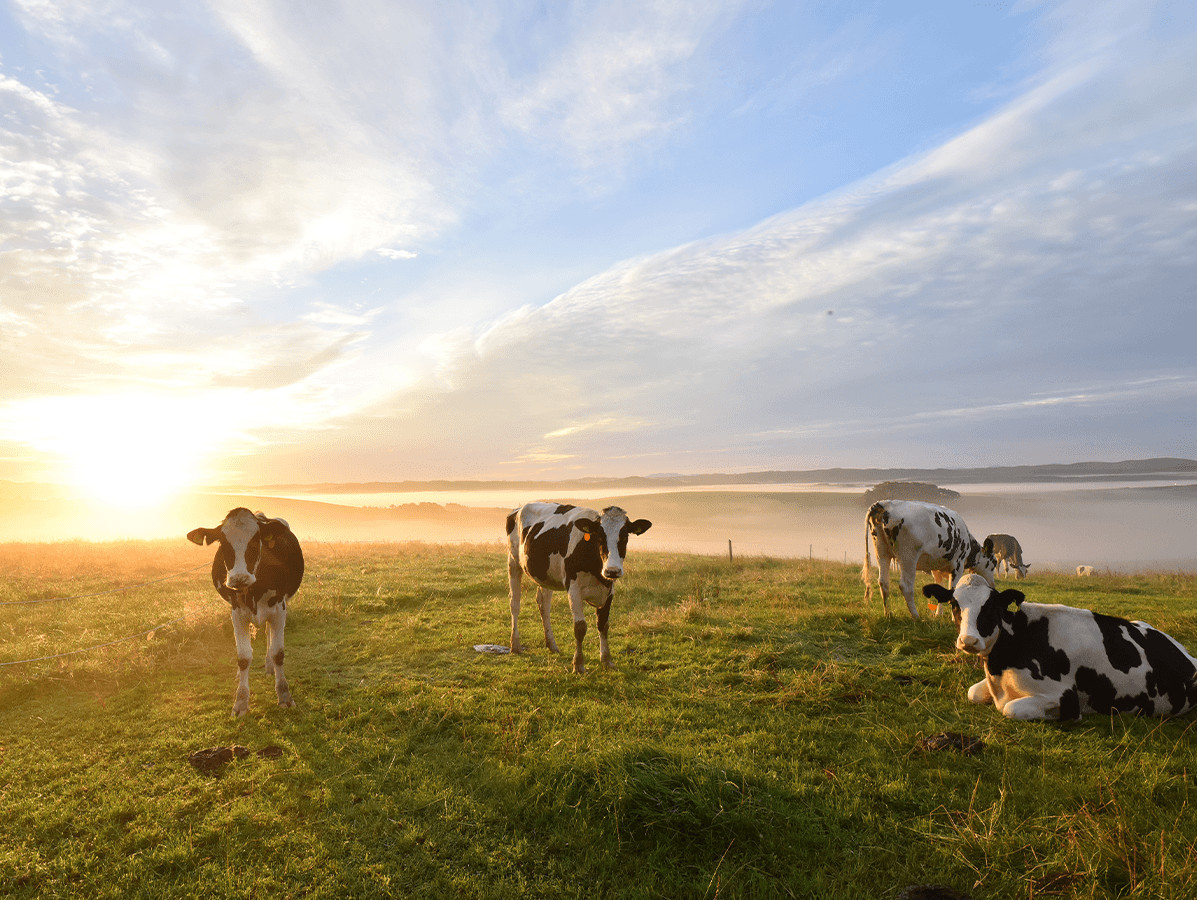
We can remove almost 100 billion tonnes of CO₂ from the atmosphere before the century is out. That is, if high-income countries switch to a plant-based diet. Returning farmland to its original state for cattle breeding delivers double the carbon gain: equivalent to about 14 years of agricultural emissions. So write researchers from Leiden University in Nature Food.
The surface area needed to graze animals and grow fodder is enormous: about 80% of all arable land, or 35% of all habitable land in the world. An international research team led by Leiden has calculated that high-income countries can significantly reduce this percentage by switching away from animal products. Vast areas can then return to their natural state, with wild plants and trees that extract carbon from the atmosphere.
The international team studied how much land we could save if 54 high-income countries switched to the EAT-Lancet 'planetary diet', a diet high in plant foods that are also good for health.
"We looked at higher-income regions because they have enough plant-based options for protein and other nutritional needs," said Paul Behrens of Leiden University, senior author of the study. "If these wealthy countries switched to plant-based nutrition, annual emissions from agriculture would fall by 61%, the researchers calculated. If the countries also return cropland and grazing land to their natural state, they could remove an additional 98.3 billion tonnes of CO2 from the atmosphere. A major contribution to the global resolve to keep the planet from warming more than 1.5°C."
"It is important that we design agricultural subsidies so that they go to farmers who protect biodiversity and sequester CO2," said Behrens. "An equitable food transition is only possible by taking good care of farming communities. We do not have to be purist, just reducing animal food intake would help. Imagine if half the population in richer regions cut out half of the animal products in their diet. Even then, this would still be an environmental and public health opportunity not to be missed."
Source: Universiteit Leiden